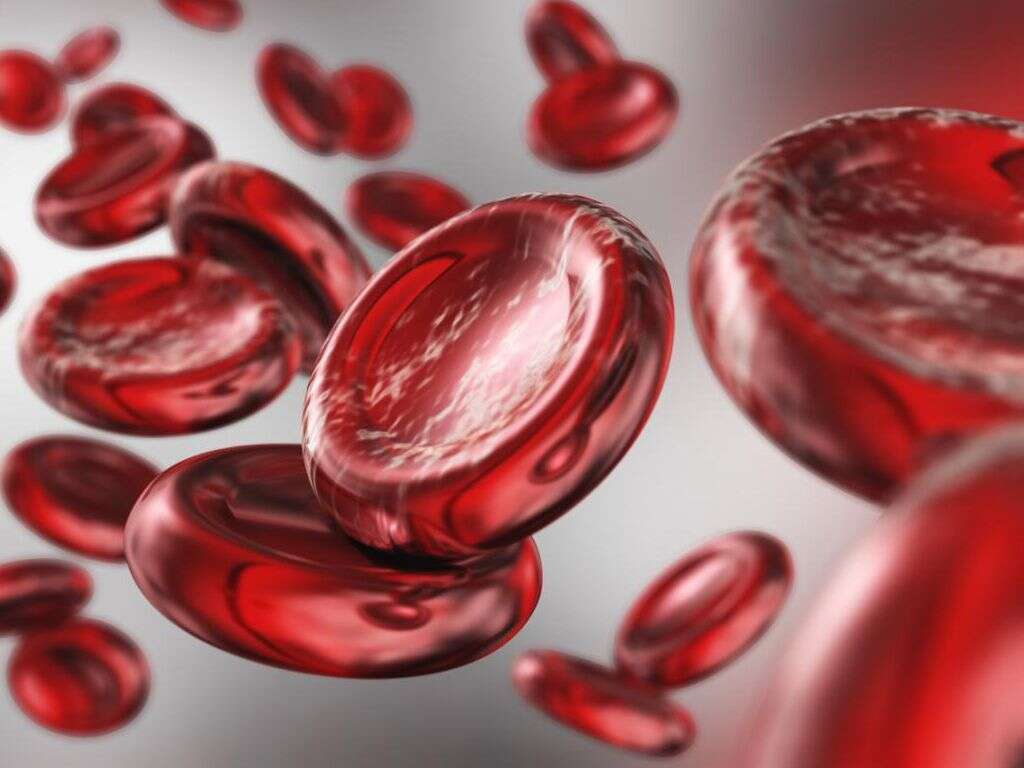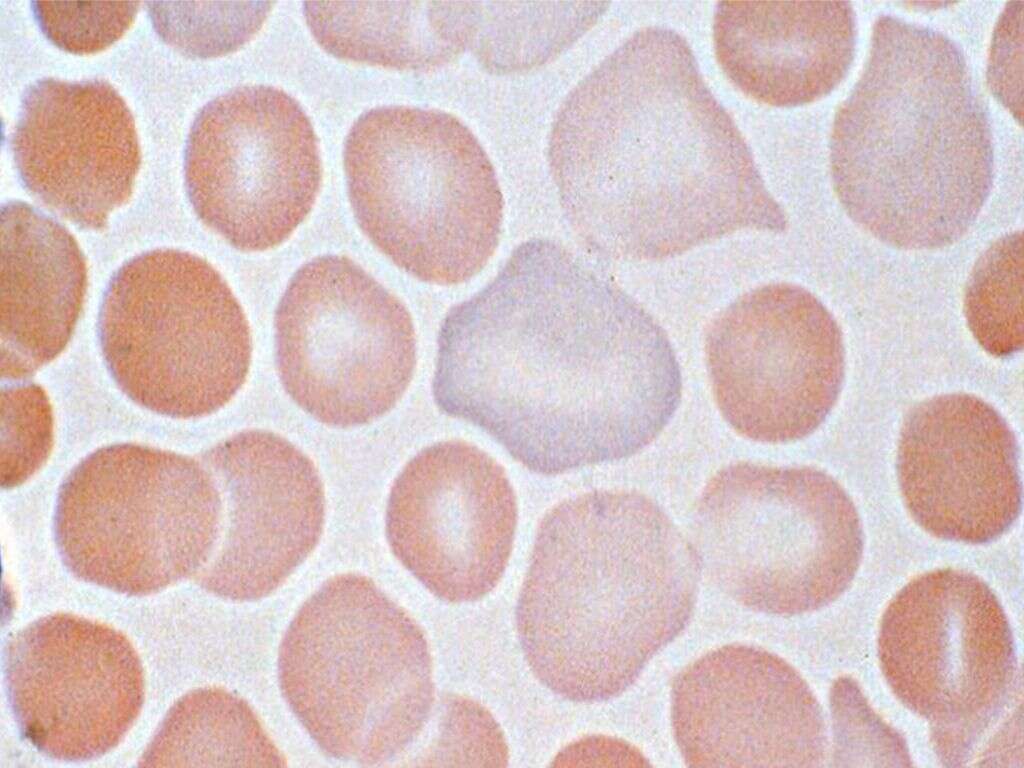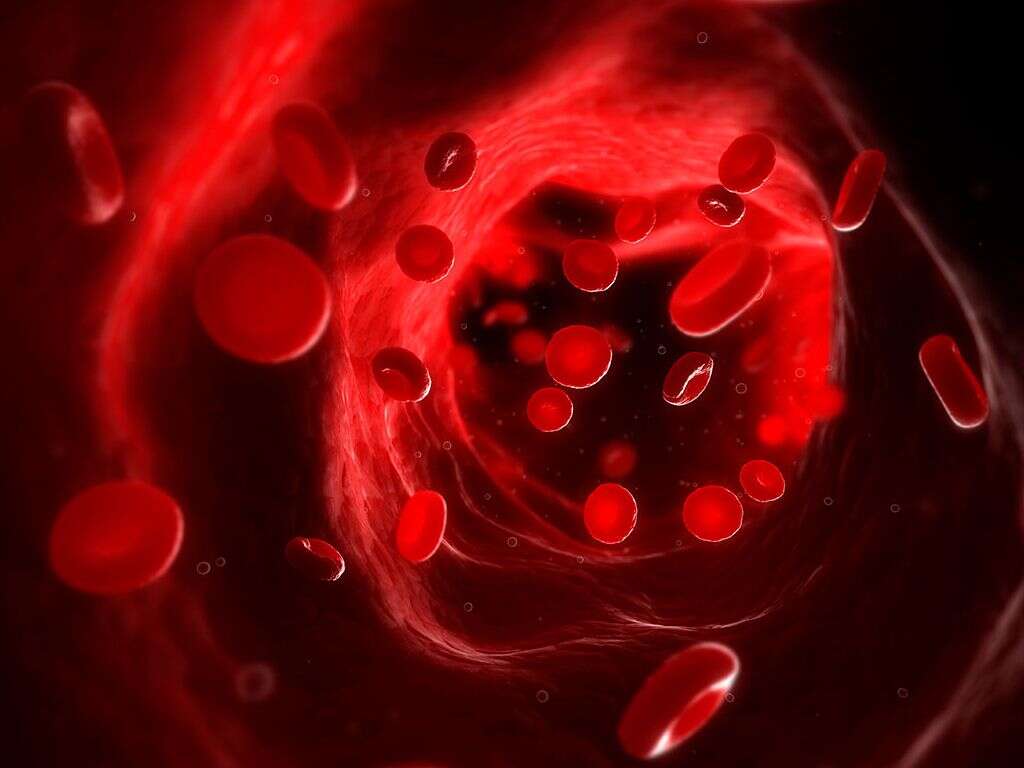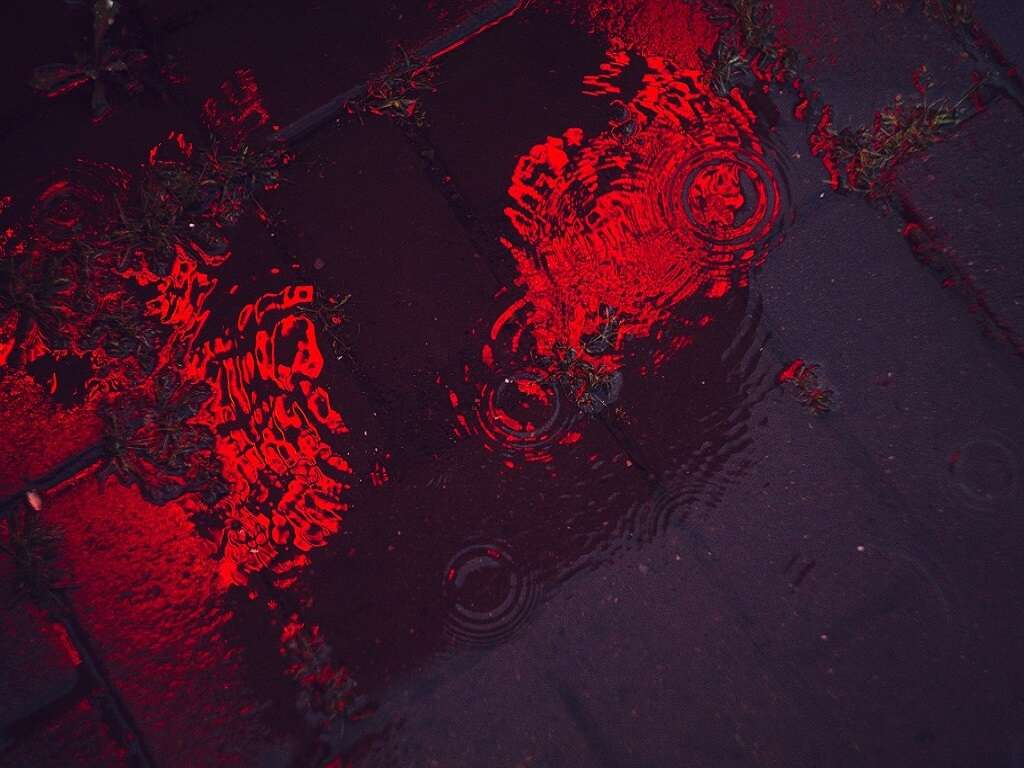10 Signs of Anemia
Hemoglobin is a substance that flows throughout our bodies in our blood. It is essential to us because it binds with oxygen, allowing the blood to then transport it to where it is needed. The body will usually make all the hemoglobin that it needs, but anemia is a condition where there is not enough hemoglobin present.
Anemia can be caused by things such as a lack of iron, which is needed in order to be able to make hemoglobin. It can also be caused by excessive bleeding, which will cause the body to lose a lot of hemoglobin-rich red blood cells. It is a condition that is fairly easy to treat, but it can be quite serious if left untreated so it should not be approached with complacency.
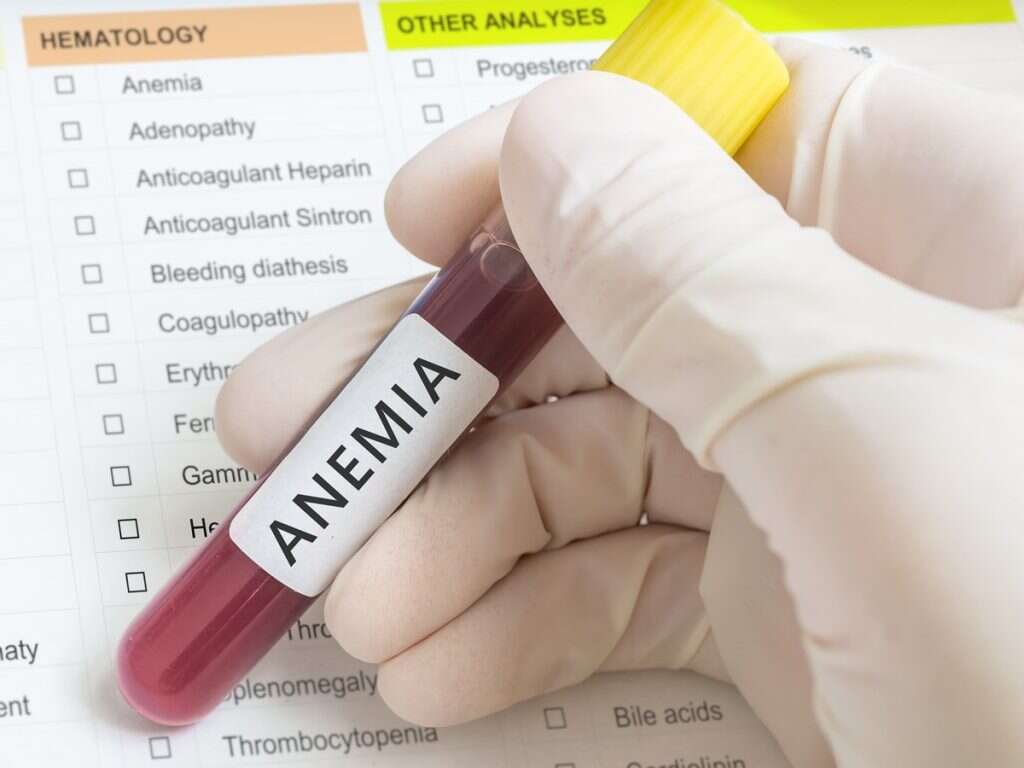
Anemia Sign #1: Pale Skin
Iron is a metal that is red in color when it reacts with oxygen. It is also an essential part of our diet because it is necessary for helping to make hemoglobin, which allows us to transport oxygen around our bodies. Without it, our bodies would not be able to get the oxygen that it needs to survive.
The redness of the hemoglobin in the blood shows through the skin, helping to give it a reddish glow. With less of this in our blood, our skin becomes paler as a result. This is usually quite visible. Paleness can also be a sign of a wide range of illnesses.

Anemia Sign #2: Difficulty Concentrating
The human brain is arguably the most powerful organ in the animal kingdom. It is capable of vast calculations that are way beyond those of other animals. It has helped us to become the dominant species on the planet. It comes at a price, though, which is that the brain is very resource hungry.
The brain needs a lot of nutrition and oxygen if it is to operate at full effectiveness. If it doesn’t get what it needs, then it will begin to slow down and otherwise simple tasks can become difficult. With less oxygen flowing through the body, people with anemia can find it harder to keep their concentration.

Anemia Sign #3: Fatigue
Oxygen is important for helping us to metabolize resources and create the energy that we need to keep us going. If there is not enough oxygen present then the body can begin to struggle to create the energy that it needs. This results in us feeling tired all the time, no matter how much we may eat or how much sleep we have had.
Fatigue can be caused by a range of illnesses and is often treatable. If you do feel as though you have no energy to do anything then you should arrange to speak with a doctor. There’s a good chance they will get to the root of the problem and have you feeling full of energy again.

Anemia Sign #4: Headache
Headaches will often come and go for no apparent reason. Quite often, we will just try to push on through them regardless, just accepting them as part of life. They are so common that it can be difficult to tell just what is causing them, but they can still sometimes help us to diagnose a particular problem.
If you do have a headache alongside other symptoms then you should let your doctor know. Every bit of information can help them to determine what the problem is and, hopefully, find a cure. If you are experiencing headaches that are particularly difficult to bear then you should arrange to speak with a medical professional as soon as you can.

Anemia Sign #5: Insomnia
Sleep is a necessary part of life that allows for an array of bodily functions to occur. Without it, we can struggle to get by the next day. If it becomes a long-term problem then it can cause a serious decrease in quality of life and severely impact our health.
Insomnia is a condition that makes it difficult to get sleep, and it can be caused by anemia particularly in children. Patients will find it difficult to get to sleep at all. They may also find that even if they do manage to fall asleep, they will keep on waking during the night.

Anemia Sign #6: Short of Breath
Breathing is a key role in the distribution of oxygen throughout our body. The air that we breathe in is heavily laden in oxygen and this oxygen is then absorbed into the blood through the lungs. It is then pumped throughout the rest of the body by the heart.
No matter how much oxygen we may breathe in, though, there has to be enough hemoglobin to absorb it. With insufficient hemoglobin in the blood, there will not be enough oxygen in the blood. This makes the body feel out of breath, as though the lungs are not breathing in enough. It causes us to breathe harder and faster to try and compensate, even though our breathing is not the problem.

Anemia Sign #7: Dizziness
The brain needs a lot of oxygen and this does not stop just because there is something wrong with the rest of the body. Its demands will remain high no matter what is happening elsewhere and regardless of how much oxygen is available. This means that when there is not enough oxygen available, the brain will begin to suffer as a result.
One symptom of anemia is dizziness because the brain is not getting the oxygen that it needs. Unexplained dizziness is not a good symptom and should prompt you to speak with a doctor regardless of the suspected cause. The cause is usually quite easy to treat, including cases of anemia.

Anemia Sign #8: Rapid Heartbeat
The blood is not going to circulate around the body by itself. As with any other liquid, it needs a pump to keep it moving through the tubes that are our blood vessels. Our bodies have such a pump and we know it as the heart. This pump helps to ensure the body is getting enough oxygen, and it can be called upon to work harder if oxygen levels are insufficient.
People with anemia will often complain that their hearts are beating faster than usual. This is because the heart is being called upon to help compensate for the lack of oxygen circulating through the body. While this is not necessarily an emergency in the short term, it can lead to severe complications if not addressed.
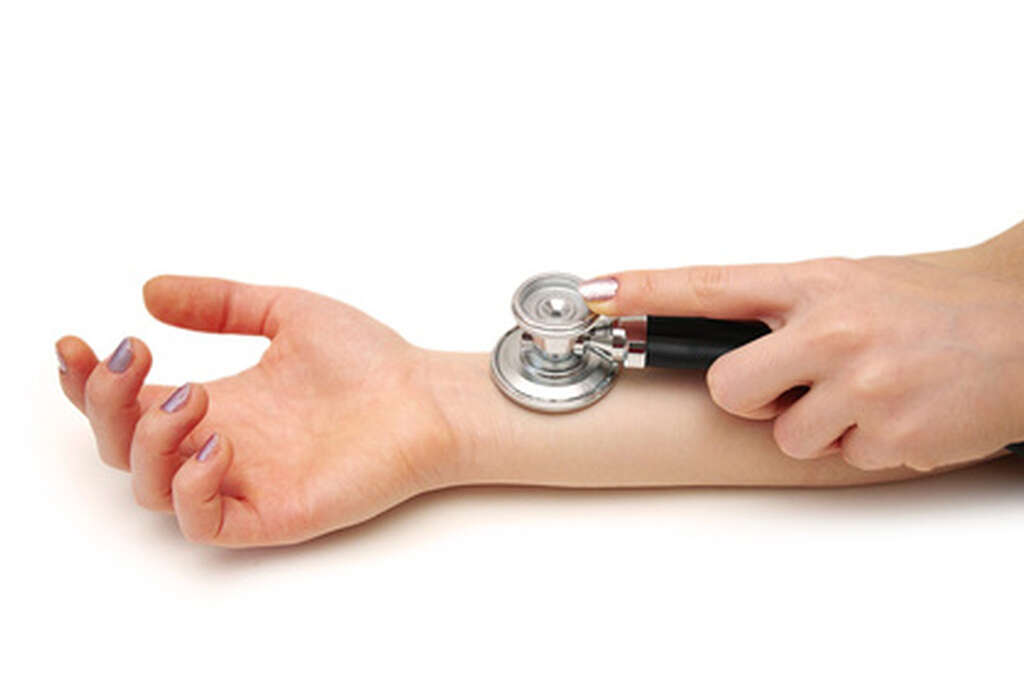
Anemia Sign #9: Leg Cramps
Aches and pain are a part of life. They tend to be experienced more by people as they get older, and often without a specific reason. They just seem to happen, and they will often go just as mysteriously as they arrived. If they linger, though, then it could be a sign that you have an illness.
Some patients with anemia will complain of leg cramps. They are often mild but they can be quite severe in some cases. Leg cramps are a sign that anemia has reached an advanced stage and treatment should be considered urgent. The good news is that it is still treatable even at an advanced stage.

Anemia Sign #10: Chest Pain
The heart needs to have a constant supply of freshly oxygenated blood just as the rest of the body does. It is a muscle, after all, and one that is working hard 24/7. If it does not get what it needs then you could be in a dangerous situation and you will often feel it when all is not right.
The lack of oxygen flowing to the heart can result in quite severe chest pains. This is something that should not be taken lightly and is a sign that the anemia has reached a very serious stage. Chest pains can be a sign of some very serious conditions, such as a heart attack, so the patient should be taken to an emergency room straight away.




